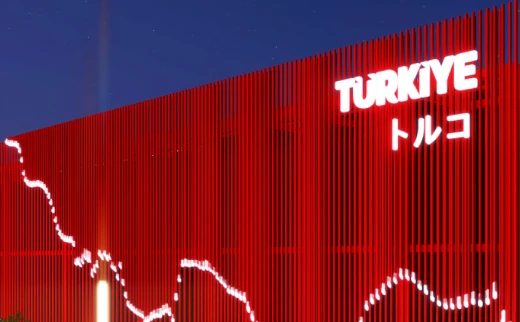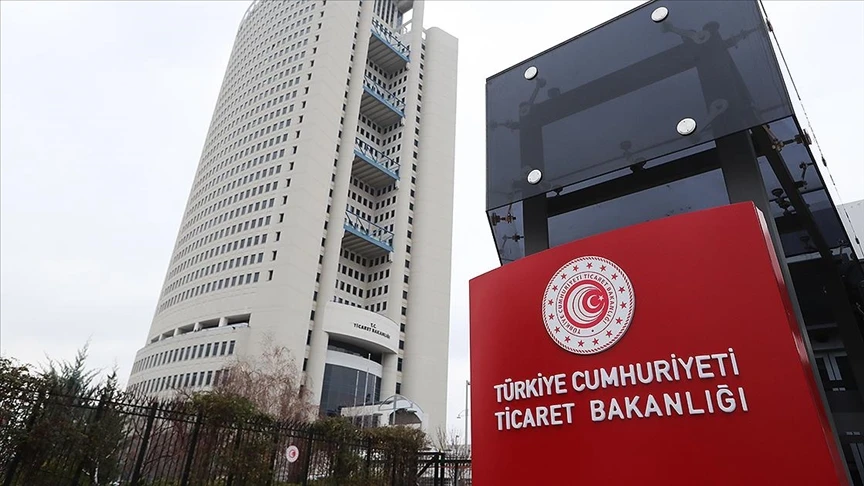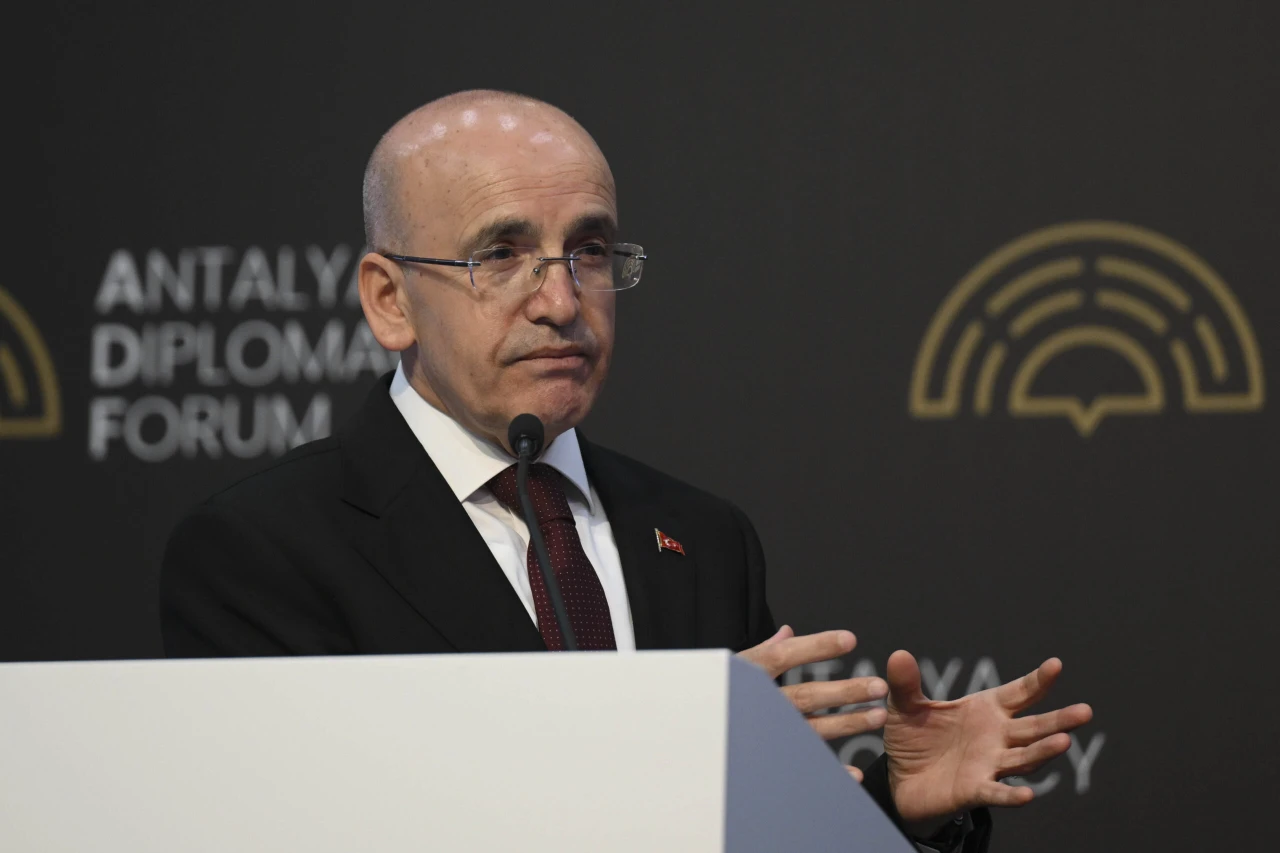Turkish Football Federation reveals financial scandal, alters foreign player rules
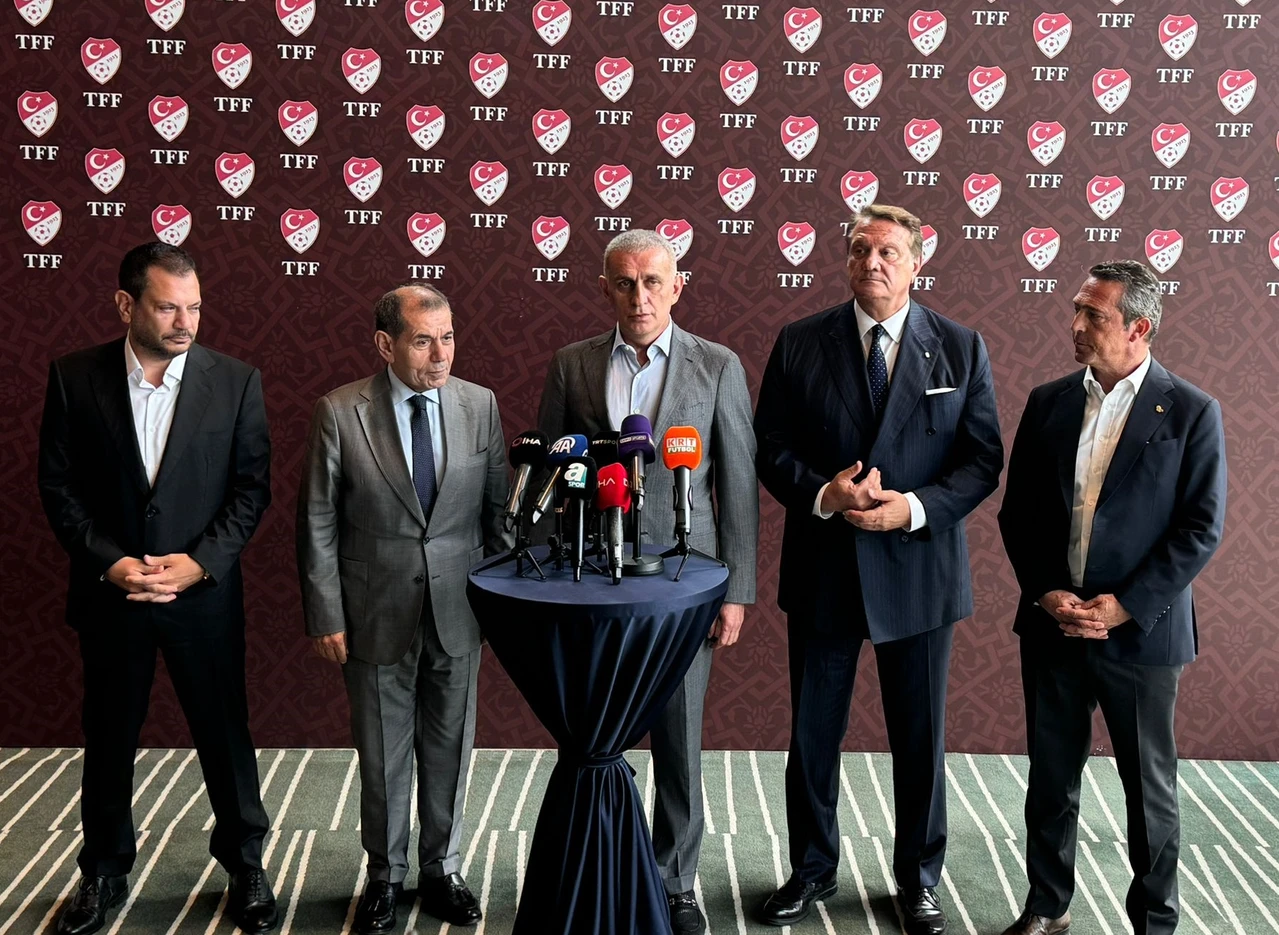 Türkiye Football Federation (TFF) President Ibrahim Haciosmanoglu (center) met the presidents of 4 major Turkish clubs: Fenerbahce President Ali Koc (right), Besiktas President Hasan Arat (second from right), Galatasaray President Dursun Ozbek (second from left), and Trabzonspor President Ertugrul Dogan (left), at TFF's Riva facilities, October 17, 2024. (AA Photo)
Türkiye Football Federation (TFF) President Ibrahim Haciosmanoglu (center) met the presidents of 4 major Turkish clubs: Fenerbahce President Ali Koc (right), Besiktas President Hasan Arat (second from right), Galatasaray President Dursun Ozbek (second from left), and Trabzonspor President Ertugrul Dogan (left), at TFF's Riva facilities, October 17, 2024. (AA Photo)
The Turkish Football Federation (TFF) is at the center of a storm, with accusations of financial corruption surfacing alongside the announcement of a major overhaul to foreign player regulations.
TFF President Ibrahim Ethem Haciosmanoglu has been vocal about financial mismanagement during the Mehmet Buyukeksi administration, while also revealing that the foreign player restriction will be lifted for the next football season.
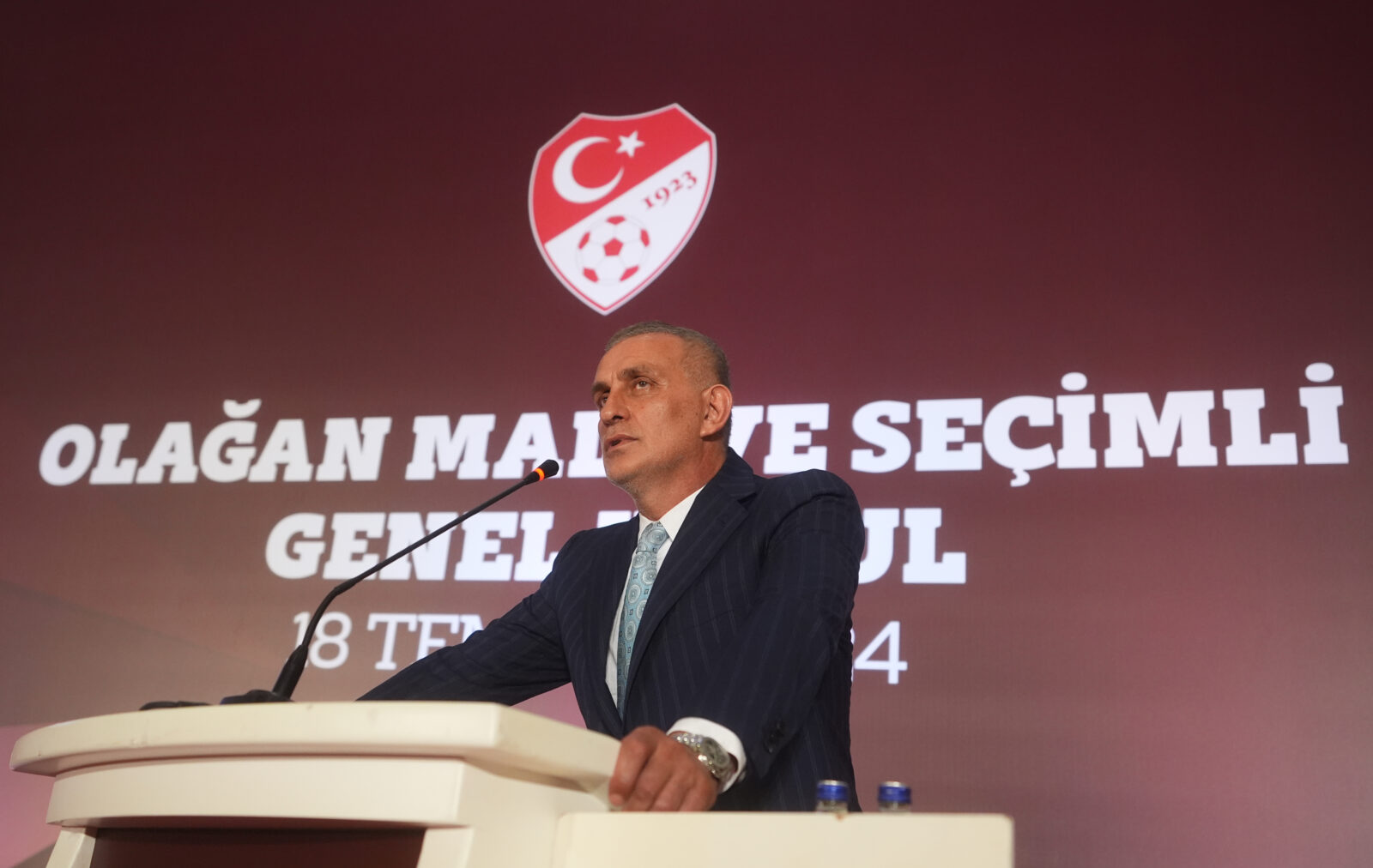
Previous Turkish Football Federation administration faces financial mismanagement accusations
Haciosmanoglu has brought serious allegations of financial misconduct against the previous TFF administration led by Buyukeksi. Speaking on Ekol TV, he accused the former leadership of manipulating financial reports and inflating costs related to the Euro 2024 tournament.
In his words, the previous administration presented a “$146,000 surplus,” but upon a thorough review, it was discovered that the TFF had a massive deficit of $8.1 million.
- One of the more disturbing examples involved a sponsorship deal with Puma, where an extra $216,000 payment was requested to be directed to a football club.
- The deal was not honored, and further investigations found that another suspicious payment had been sent to a barber’s account in Kirklareli.
- Haciosmanoglu explained, “Our sponsor refused, saying, ‘I cannot send this money to a club; I am the sponsor of the national team.'”
He also pointed out the inflated hospitality costs for Euro 2024, revealing that $4.64 million had been spent on guests, some of whom stayed at luxury hotels for days after the tournament ended.
This unnecessary extension added an extra $75,600 to the bill. Haciosmanoglu described the situation as “mismanagement on a scale that turned the federation into a farm.”
Additionally, he highlighted how a regional manager managed to accrue 587 days of unpaid leave during Buyukeksi’s administration, underscoring the excessive privileges enjoyed by staff members.
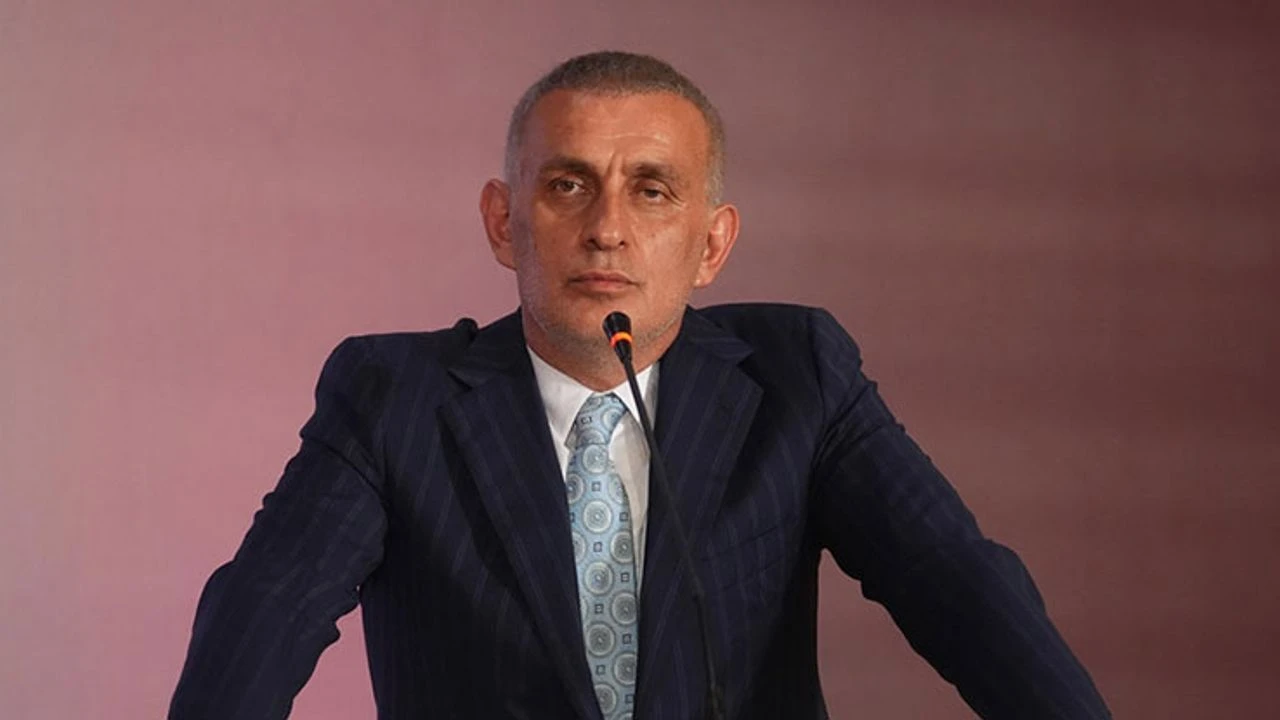
Upcoming changes to foreign player regulations in Turkish football
Haciosmanoglu is tackling both financial scandals and a major overhaul of foreign player regulations.
Here’s a breakdown of the key points regarding the upcoming changes to the Süper Lig’s rules:
- Foreign player limit removal: Starting next season, the limit on the number of foreign players clubs can field in the Super Lig will be lifted. Currently, clubs can include up to 11 foreign players.
- New criteria for foreign players: Although the restriction will be lifted, new quality-based criteria will be introduced to ensure that only high-caliber foreign players are brought into the league. For instance, only three players over the age of 24 can be transferred, and they must have played at least 75% of their national team’s matches in the past season.
- TFF 1. Lig ban on foreign transfers: The TFF 1. Lig will ban foreign player transfers starting next season. The league will allow only those with existing contracts to continue to create a fully domestic competition.
- Mavi Kart rule revision: The Mavi Kart rule, which allows certain players with Turkish heritage to play as domestic players, is being modified. Players like Kerem Demirbay and Bakhtiyor Zaynutdinov will continue to benefit from the rule until the end of their contract, but future players will be considered foreigners.
- Pressure from top clubs: Galatasaray, Besiktas, and Trabzonspor have pushed for these changes to help them stay competitive in European competitions. The TFF believes this move will attract better talent to the league.
- Balancing local talent and foreign players: Haciosmanoglu recognizes the need for a balance between international players and homegrown talent. He hints at future reforms in grassroots football to bolster local player development.
The big picture: Haciosmanoglu faces the dual challenge of addressing past financial misconduct while also managing the impact of lifting the foreign player cap. His leadership will shape the future of Turkish football during this critical period.
